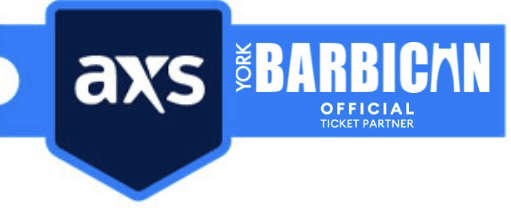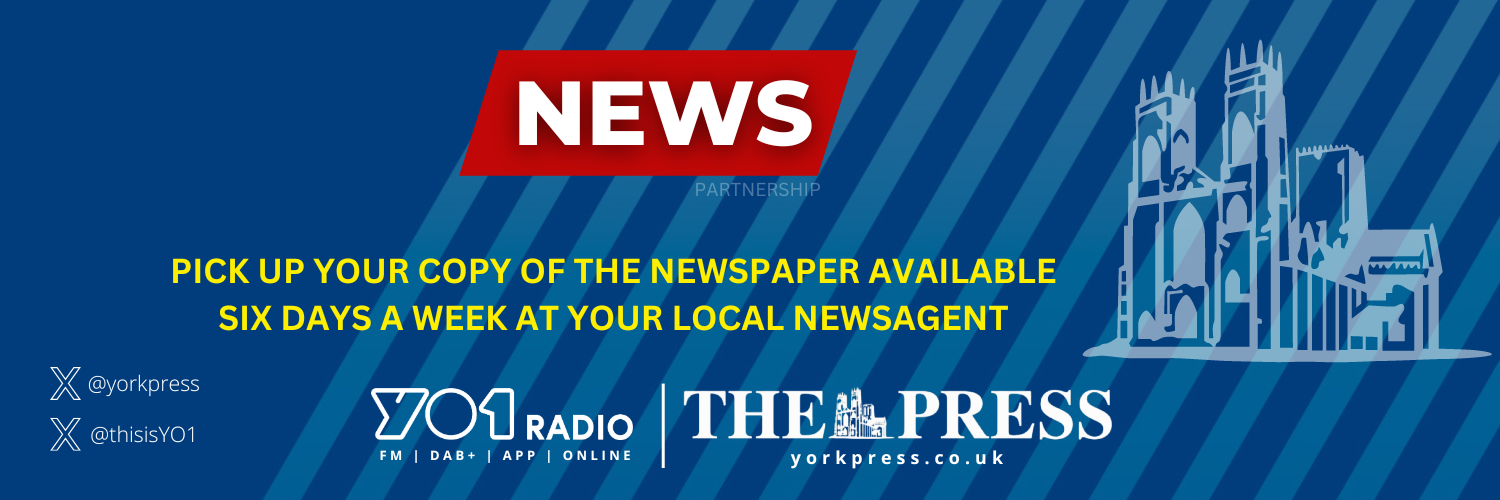
A number of steps are being taken by City of York Council to help stabilise York’s bus network and support its future growth in the face of unprecedented challenges.
But this comes with a stark warning that if government funding is not extended or bus usage doesn’t increase – further services may be impacted.
Whilst the government has provided financial support to the bus industry in response to Covid, this support is currently set to end at the end March 2023.
The bus industry pre covid in York was worth £24 million pounds and the council funds approximately £0.72 million of this through its own funding subsidising a number of services every year.
However, as a result of covid, the industry has shrunk to 80 per cent of pre covid levels with 20 per cent fewer passengers. This is compounded by the rise in operating costs for both diesel and electric buses and a national driver shortage.
The current challenging situation is making more services uneconomical to run, with more services requiring council subsidy. This has seen several local bus operators submit notices for service withdrawals.
The council has been successful in securing an additional £1 million of funding to support bus services through part of its wider Bus Service Improvement Plan funding.
This funding has enabled the 12, 13 and 412 services to be safeguarded in the short term, as well as the recommissioning of the Poppleton Park and Ride Site for Easter next year.
Both of the 412 and 13, currently operated commercially by ConnexionsBuses, had been due to be withdrawn from 10 December due to slow patronage recovery and operating cost increases.
This would have left Rufforth, Long Marston and Tockwith without any bus service, and parts of Copmanthorpe, Heworth and Haxby without a Saturday bus service.
These services have been secured in short term and a similar exercise is being undertaken for the number 12/12A, which is set to be withdrawn by First York from the 22 January 2023.
A procurement exercise will be carried out ahead of March to secure the longer-term future of both services.
However, if users don’t return to the bus or Government funding is not extended then additional bus services are likely to be at risk of requiring subsidy, which the council won’t necessarily be able to fund.
The council strategy to safeguarding the local bus network it to encourage users to return to using buses, and the key to ensure this happens is to maintain the existing services.
A report set to be discussed by senior councillors is recommending that the preservation of routes takes priority over preserving bus frequency. By stabilising the network against this challenging backdrop it sets a foundation to grow passenger numbers and safeguard the network.
To that extent it is recommended that the council doesn’t fund current commercial services where a reduction in frequency is an option for the operator without significant impact on communities.
Councillor Andy D’Agorne, Deputy Leader and Executive Member for Transport, at City of York Council, said: “Over the years, York has built up significant levels of bus use and we are committed to doing what we can to protect our local bus services, which provide a lifeline and connection for so many in York and neighbouring rural areas.
“A combination of the ending of government covid funding support, alongside increasing national driver shortages and rising fuel costs has created a crisis for the bus industry. The council cannot fix the crisis but we’ll be working hard to safeguard the bus network and help it weather the current storm. Keeping the bus network even with a reduced frequency, as long as local communities are not significantly negatively affected by the reduction, provides a better basis to build back in the future.
“Current action we can take is short term and limited by the funding, serving only as a time limited safeguard for existing local bus routes. Routes affected to-date have all been run commercially by bus operators and not financially supported by the council. We are in a position where if people don’t use the bus services, they could lose them.
“Through the Enhanced Bus Partnership we’ll be working closely with bus operators on how the BSIP funding should be invested to support the bus network in the short and long term. The Partnership will also be crucial in proactively promoting public transport use across the city to help cut congestion and provide access to jobs and services.”
A report was taken to Executive in Octoberconsidering BSIP and the enhanced partnership and some short-term bridge funding. Another report is due to be presented to the Executive in December.
To find out more about the York Enhanced Partnership for Buses, including how you can get involved, please visit the link on the home page at www.itravelyork.info
A report will be taken to an Executive meeting in December which provides an update on actions taken so far and makes immediate recommendations to stabilise the local bus network.
York was one of only two places in the Yorkshire region to receive indicative BSIP funding which once confirmed will enable the council and local bus operators to implement a wide range of improvements to the city’s bus network and associated infrastructure. Creation of the ‘Enhanced Partnership’ is a condition for receiving the BSIP funding.
Proposed improvements include:
- upgrades to York’s bus infrastructure, including stops, shelters, improved bus information and real-time information screens
- improved ticketing and cheaper fares for young people
- improvements to local bus service levels and new bus priority measures
- a restarting of the Poppleton Bar Park & Ride service, by Easter 2023, which was suspended during covid in April 2020
- Park & Ride site upgrades, including overnight parking and improved connections to longer-distance bus services
- development of a customer charter to include redress, particularly around late buses and buses which do not run
Many of the proposed BSIP Enhanced Partnership measures are designed to improve accessibility both in terms of physical access and information.


 Invitation to mark the 80th anniversary of VE Day
Invitation to mark the 80th anniversary of VE Day
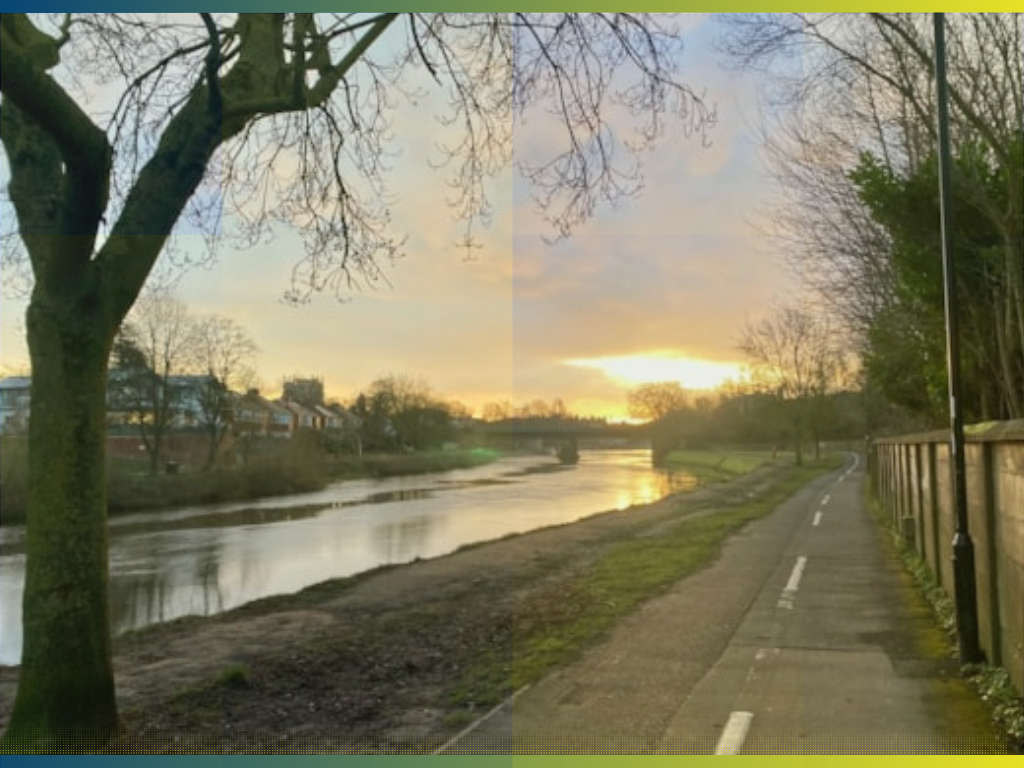 Suppliers invited to shape Ousewem legacy through new York River Walk
Suppliers invited to shape Ousewem legacy through new York River Walk
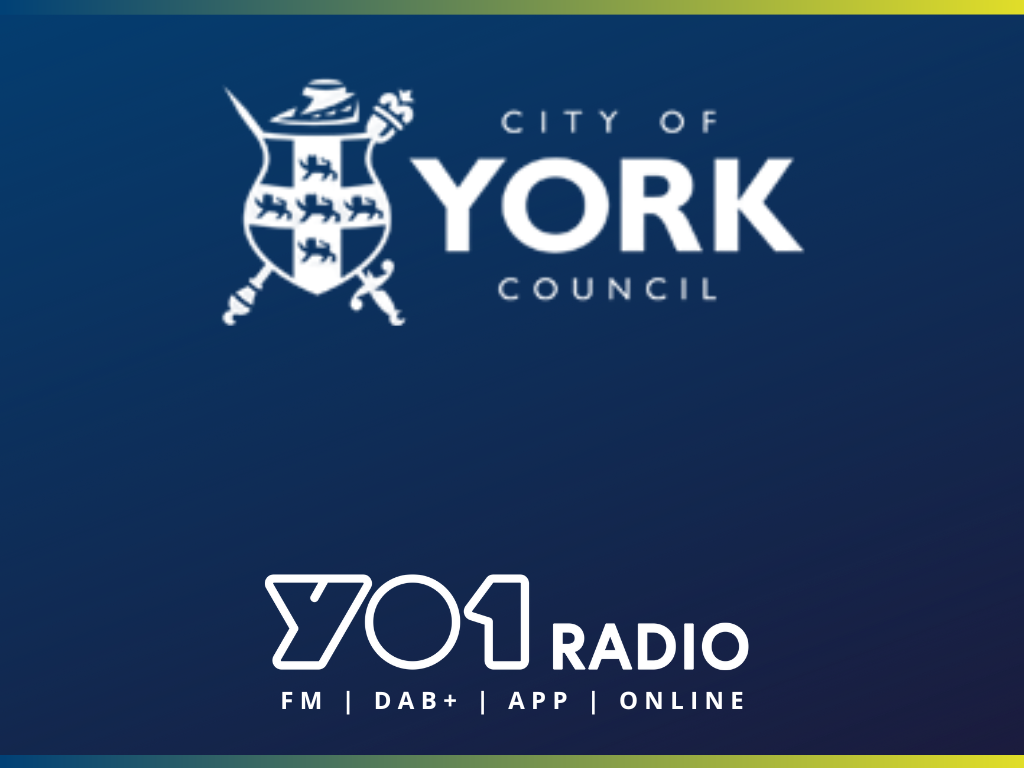 National Offer Day for primary schools: York children allocated their Reception school place for September
National Offer Day for primary schools: York children allocated their Reception school place for September
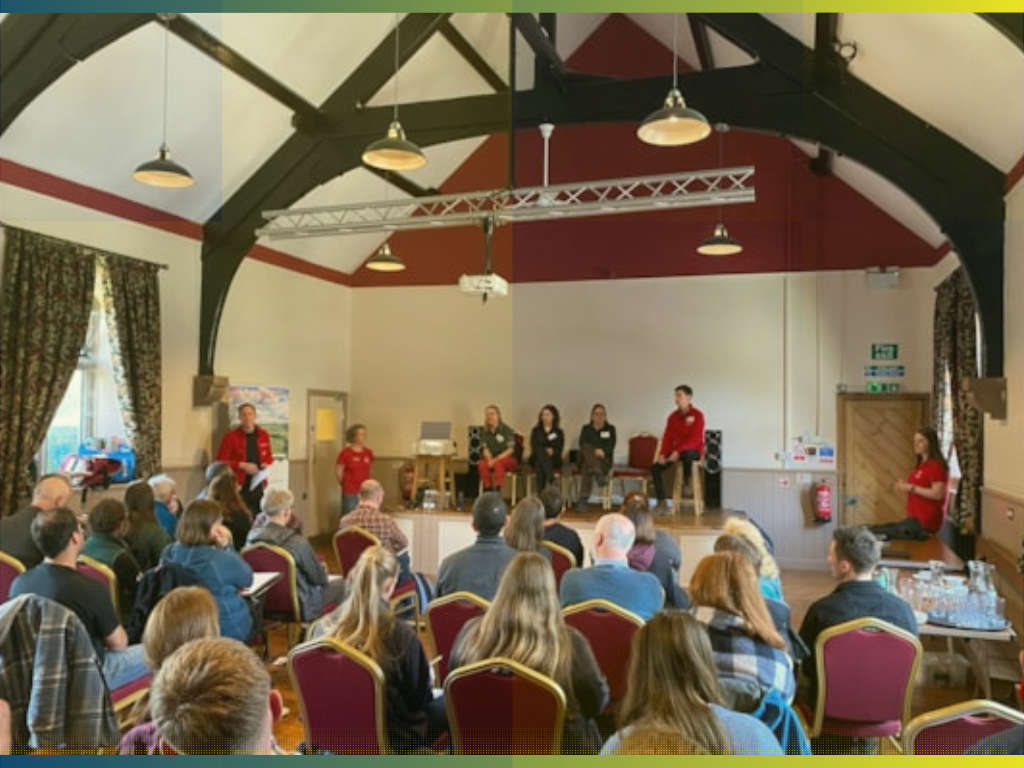 Strengthening flood resilience: Ousewem sponsors Yorkshire’s NFM CoP Monitoring Skill Share
Strengthening flood resilience: Ousewem sponsors Yorkshire’s NFM CoP Monitoring Skill Share
 The Pavers Foundation Supports Paediatric Brain Tumour Charity in York.
The Pavers Foundation Supports Paediatric Brain Tumour Charity in York.








